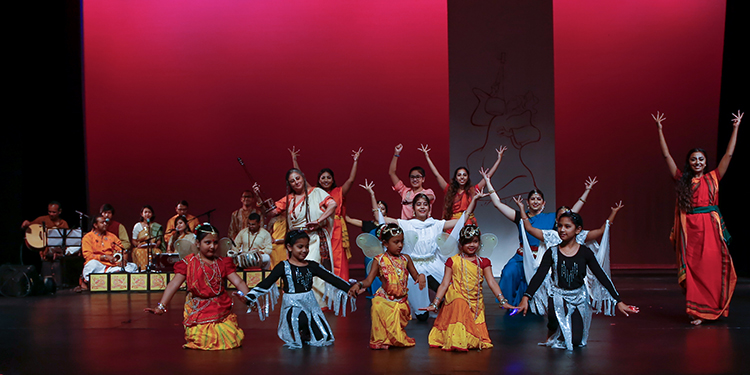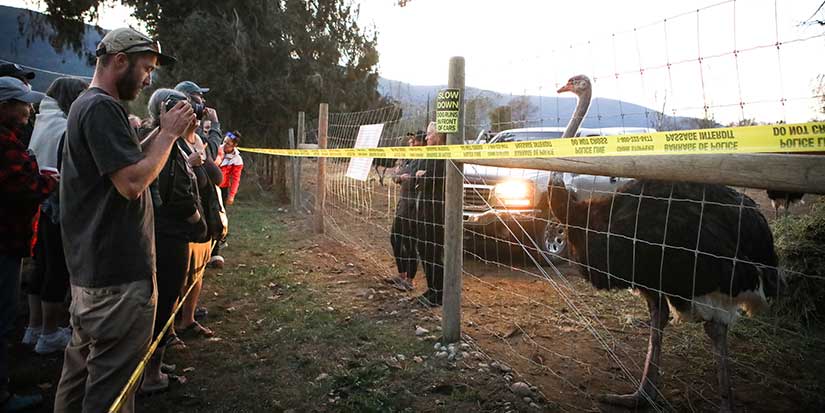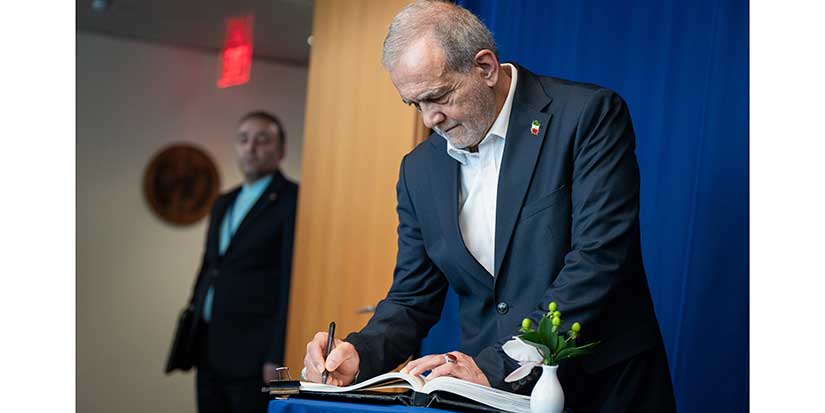Latest News
Celebrating a literary giant in music, song, drama and dance
The Vancouver Tagore Society welcomes all to
join them at their eighth annual Tagore Festival at Richmond’s Gateway Theatre,
Saturday Sept. 8 from 6 to 8:15 p.m.
Partially sponsored by the City of Richmond
and the BC Arts council, the festival encompasses both musical performances and
a musical dance drama in both Bengali and English, as well as poetry and music
from many languages.
India and Bangladesh each have national
anthems composed by Tagore says Sazid Hasan, the Media and Outreach Coordinator
for the Vancouver Tagore Society, who says the music and poetry have both
calmed and brightened his soul through both dark and good times.
“For me (the festival) is a kind of giving
back so people can be exposed to these great literary works and get benefit
from them as well,” says Hasan who refers to Tagore as the Shakespeare from
Asia.
Rabindranath Tagore was a literary giant in
both South Asia and the Western World. The author of thousands of poems, two
different countries’ national anthems and a host of essays and songs, in 1913
he was the first non-European to win the Nobel Prize for literature. A bust of
Tagore, to commemorate both his great impact and his visit to to the Lower
Mainland, sits at UBC
Having given the keynote address to the 1929
National Council of Education conference in Victoria, Tagore took the ferry to
Vancouver. While in Vancouver to speak before 2,000 people at the Vancouver
Theatre, according to the Vancouver Sun 2,000 more waited outside in the hopes
of attending. “The line stretched up to Granville St, along Georgia past the
courthouse, all the way to the Hotel Vancouver.”
Yet as revered as he was, Sir Rabindranath,
as he was then known, was denied a room in the very same Hotel Vancouver
because of his race. Consequently, he slept in the basement of the first Sikh
temple in North America, the Second Avenue Gurdwara. (Now the Ross Street
Temple.)
Sept. 8, to promote greater harmony, and to
bring together all the peoples of the world, the Tagore Society offers an
evening of celebration of all things Tagore, encompassing a dance play in
English and Bengali as well as music and poetry in a variety of languages.
“One aspect is that it is a multicultural
program. In addition to the dance drama in Bengali and English, we also Indian
classical music in Hindi, and world poetry read out loud-- poems in different
languages from different ethnicities,” says Hasan.
Hasan says, “In western culture, people are
increasingly exposed to Tagore’s ideas. His lyrics are what touch them first.”
Hasan speaks of what attendees have to look
forward to, “For the dance drama we have created a story. The musical pieces we
are using in between are composed by Tagore himself. They have extraordinary
reach in their ascetic and literary appeal.”
If you do you go, you will not be the only
westerner there, Hasan reassures: “Our crowds are multicultural. Of course
people from South Asian countries come but also Asian and Caucasian people so
it is a multi-cultural event,” he says.
“For me it is a kind of giving back so people
can be exposed to this great literary work and get benefit from them as well,”
Hasan says.
The dance drama for the evening has a double
plot. One plot line follows unrequited love; affection blighted by a woman’s
fear of revealing her desire for a man. In the parallel plot, more
metaphysical, the parched earth longs to show the cloud her great need for rain
but, again, fear of showing what lies beneath prevents the soil from beckoning
the cloud’s rain to quench her thirst.
In both cases, the need to appear untroubled
thwarts their needs, in one case for love and in the other, rain.
“I’m very excited because honestly, I am
personally attracted to Tagore’s songs at the deepest level possible. In my
down time that is the songs I listen to. In my happy times those are the songs
I listen to. He touched all aspects of human life.”
Admission is free to the eighth annual Tagore Festival at Richmond’s Gateway Theatre but any and all donations are welcome.
Example of Tagore’s poetry
When Two Sisters Go to Fetch Water
WHEN the two sisters go to fetch water, they
come to this spot and they smile.
They must be aware of somebody who stands
behind the trees whenever they go to fetch water.
The two sisters whisper to each other when
they pass this spot.
They must have guessed the secret of that
somebody who stands behind the trees whenever they go to fetch water.
Their pitchers lurch suddenly, and water
spills when they reach this spot.
They must have found out that somebody's
heart is beating who stands behind the trees whenever they go to fetch water.
The two sisters glance at each other when
they come to this spot, and they smile.
There is a laughter in their swift-stepping
feet, which makes confusion in somebody's mind who stands behind the trees
whenever they go to fetch water.































